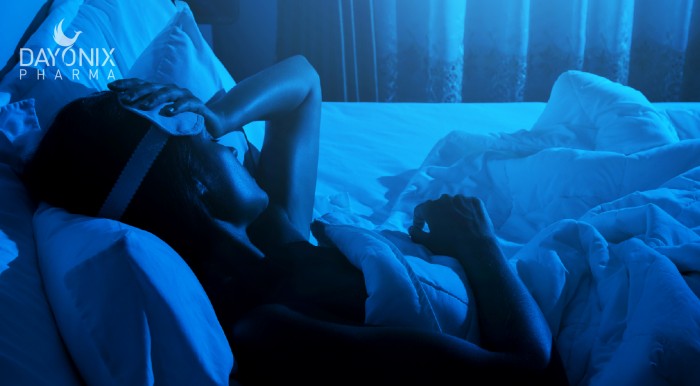
Relieve iron deficiency, Relieve migraine headache
May 17, 2020Talking about different types of headaches, we mentioned migraine headache as one of the common types. In this article, we will take a closer look at this type of headache. Also, we will discuss the relation between iron deficiency and migraine attacks.
What is a migraine headache?
“A migraine is usually a moderate or severe headache felt as a throbbing pain on 1 side of the head.”
https://www.nhs.uk/conditions/migraine/
Migraine headaches usually start in early adulthood. They have different intensities which may worsen over time. Migraine headaches usually last from 4 to 72 hours. Usually patients are free from any symptoms between each attack. Attacks may happen several times a week or with months in between. Based on the symptoms and how the attacks begin, migraine headaches are categorised as:
- Migraine with aura
In this type of migraine headache, patients will experience some warning signs. These signs are usually sensorial disturbances. They may see flash lights or hear some specific smells. Sometimes they may feel numbness, tingling, or pin and needle in their hands, arms or legs. Dizziness and weakness are some of the other types of aura. Patients may feel nauseous or have vomiting during the attack.
- Migraine without aura
The most common type of migraine headaches are the ones without aura. In this type, patients will not feel any warning sensorial signs. But they may become sensitive to light and noise.
- Migraine with aura but without headaches
In this type of migraine, an aura or other migraine symptoms happens, but a headache does not appear.
Migraine triggers:
Migraine attacks usually happen due to a trigger. Some of these triggers are as bellow:
- Emotional triggers: Stress, anxiety, getting shocked or sometimes depression can initiate a migraine attack
- Environmental triggers: Loud noises, sharp lights, sudden change in temperature, strong smells are some of the environmental triggers of migraine attacks.
- Dietary triggers: Foods which contain tyramine like some kinds of cheeses, smoked fish or meat, yeasts and pickles, can cause migraine. Others may be triggered by chocolate, some fruits, tea and coffee, or alcohol. In some cases, if one misses one of his regular meals, or have a changed meal plan, they are at risk for an attack. Dehydration is another cause of migraine attack.
- Hormonal triggers: Hormonal changes around the time of menstrual period, especially oestrogen, can lead in to migraine headache. After menopause due to inhibition of oestrogen release, this type of headaches often improves. Nevertheless, in some women menopause can worsen migraine attacks.
- Physical triggers: Changes in physical activity increase migraine attacks. Tiredness, muscular tensions especially in neck and shoulders, hard exercise are the main physical triggers. Some of these triggers are related to one’s job. For example, if someone has a shift job, he or she is at more risk for a migraine headache. Poor quality sleep, jet lag, low blood sugar and poor posture are some of the other physical triggers.
- Among all the triggers, there is one that recently has been found to have an effect on migraine attacks. In an article published in 2019, there is an association between Iron levels and migraine attacks in women. Iron deficiency may lead to more migraine attacks in women. This suggests that using iron supplements can prevent or improve migraine attacks.
Migraine headache diary:
To help with the diagnosis of migraine, doctors often ask their patients to have a migraine diary. The patients have to write the time and date of the attacks. What they have been doing. What they have eaten during the day. If they were at a certain environment with an unusual smell or temperature. If they had slept well that day. Your migraine diary should cover all the triggers above.
By these notes, they will be able to recognise the triggers. Then by avoiding them they can prevent attacks.
Treatment and control:
To make the headaches better, it is suggested to rest in a dark cool room and use a simple painkiller. Furthermore, using iron supplements like Irofix can improve the attacks chronically.
If the symptoms do not get better with the above and are not responding to the painkillers, your doctor may refer you to a specialist for further investigations and specific treatments.
Keywords : iron deficiency, migraine